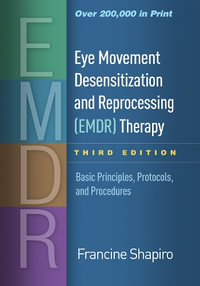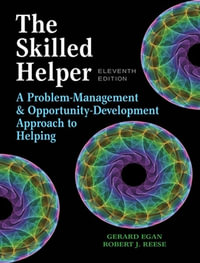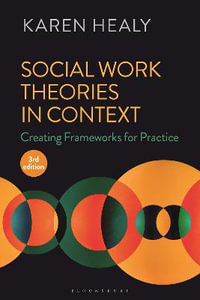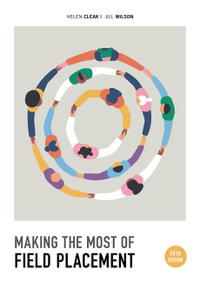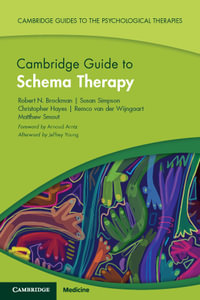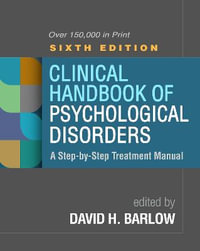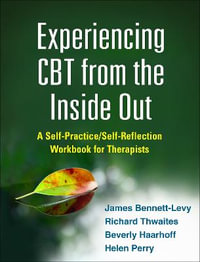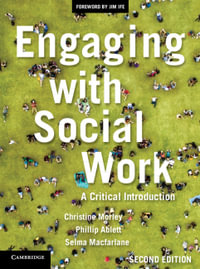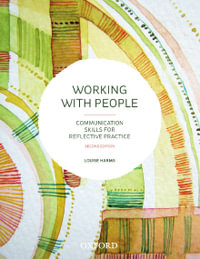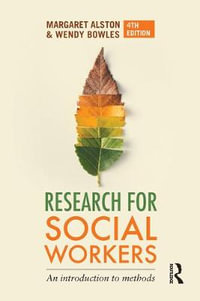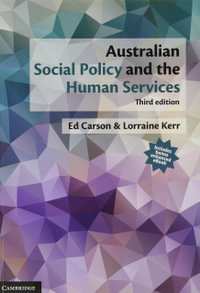Reducing Reoffending provides a critical overview of social work with offenders in Scotland, taking full account of recent developments. The book is divided into three comprehensive sections. Part one of the book provides an analysis of the challenges currently faced in community justice in Scotland and locates these challenges within their historical context. In particular, it explores the challenge of reducing reoffending and links this to a review of the available evidence about when, how and why people stop offending-about desistance from crime. This analysis exposes not only the complexities of desistance processes, but also the many difficulties that offenders face in making the related transition.
Part two of the book provides an account of the legal contexts of criminal justice social work services in Scotland, analysing the role that social work plays in the sentencing process, the legal basis for community disposals including probation, community services and other measures, and the fast-changing policy and legal contexts of prison-based work and resettlement. The final part of the book questions how the practice of supervising offenders in the community might be best developed so as to support desistance and reduce reoffending.
The book will be essential reading not only for those with an interest in social work with offenders in Scotland, but also for anybody with a broader interest in desistance, probation policy and practice, and the contribution of Scotland's unique approach to these wider debates.
Industry Reviews
Reducing Re-Offending - Social Work and Community Justice in Scotland is a welcome addition to the growing literature on effective approaches to work with offenders. Its comprehensive approach, along with its focus on the distinctive links between criminal justice and social work in Scotland, make it essential reading for academics and practitioners with an interest in reducing re-offending. - Dr Chris Trotter, Associate Professor, Monash University



